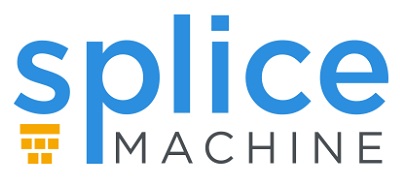Splice Machine, provider of a leading data platform to power intelligent applications, announced that Precision Innovation Network (PIN), a physician-centric organization focused on strengthening the patient-physician relationship, has selected Splice Machine’s intelligent data platform to develop its Treatment Advisor prototype.
The application will leverage multi-dimensional data and machine learning to help clinicians learn the trajectory of a disease and gather predictions for what may be the best treatment for each individual. It also allows doctors to analyze the data to target disease-modifying therapies and better understand how a patient might feel – what the medical community calls a patient-reported outcome (PRO) – in the future.
Growth in the AI health market is expected to reach $6.6 billion by 2021— and, according to Accenture, the combined deployment of key clinical health AI applications can potentially create $150 billion in annual savings for the U.S. healthcare economy by 2026.
“Machine learning performed on rich, multidimensional data has massive potential to improve both medical care and patient outcomes,” said Monte Zweben, CEO, Splice Machine. “However, the vision for such systems has been hindered by complex, costly data platforms. We’re thrilled to be working with PIN, along with clinical leader and innovator Dr. Mark Gudesblatt, to provide an integrated, scalable platform for doing data science on neurological data.”
Splice Machine will provide PIN with a data science workbench for the ingestion of data, the visualization and transformation of the raw data to apply machine learning to the data, and a view of the insights that will help provide more precise medical treatment to patients. The Treatment Advisor will be delivered on Splice Machine’s AWS-hosted cloud service.
“When we are evaluating a patient, the more objective relevant data we have, which includes medical records, quantified measured performance obtained from digital devices, patient perspectives from questionnaires, and even their demographics, the better we can make a refined and accurate diagnosis, appreciate disease impact beyond our own perceptions and define the prognosis and disease trajectory, and then more rapidly and holistically determine in an objective manner the best therapy for the right person at the critical time,” said Dr. Gudesblatt, medical director of the Comprehensive MS Care Center and Principal Investigator of Clinical Research at South Shore Neurologic Associates, PC in Islip, NY.
Gudesblatt continued, “This approach, with such analytic data that is patient-centric, can improve the decision-making process for individualized disease-modifying therapies and treatments to optimize outcomes and maintain wellness and improved care and health. In medicine, every second counts and Splice Machine – with its open source, SQL RDBMS, data warehouse and machine learning platform in one – has the capacity to store all of the data we need as we grow our network and the architecture to help us gain better insights in real time to exponentially improve our diagnostic and therapeutic decision making.”



















